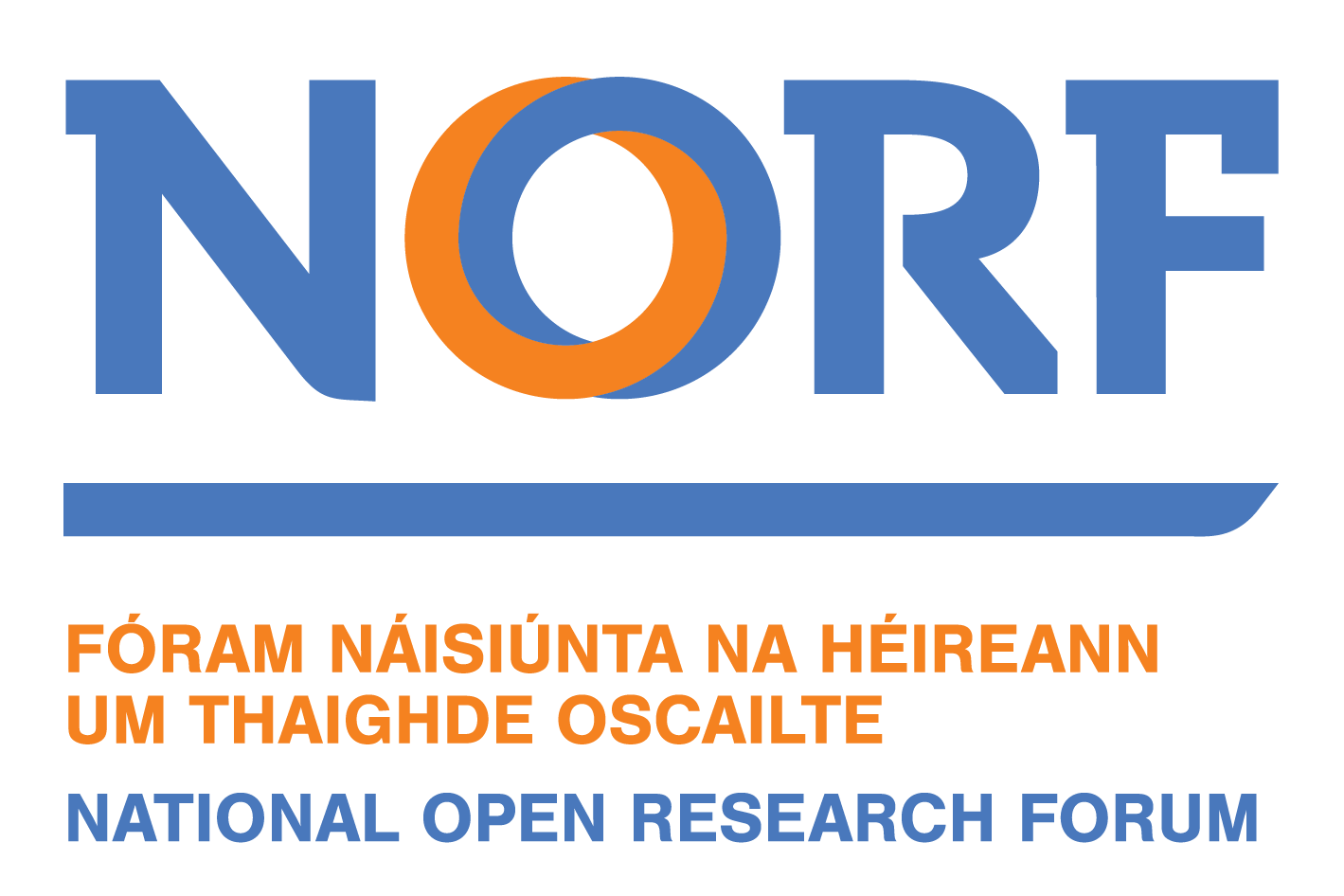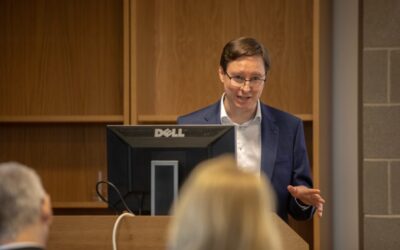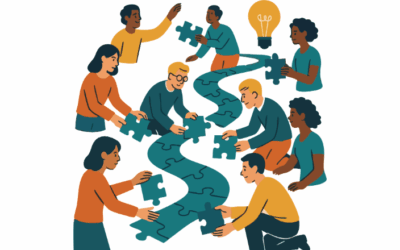On 7 November 2025, Day Two of the National Open Research Forum (NORFest) 2025 in the Royal Irish Academy (RIA), the NORF-funded ENGAGED project hosted a community engagement workshop titled ‘New Faces: The Future of Open Research and Public Engagement’.
Organisers:
Michael Foley, Coordinator, ENGAGED, Trinity College Dublin
Jo-Hanna Ivers, Principal Investigator, Trinity College Dublin
James Brunton, Principal Project Partner, Dublin City University
Louise Hopper, Project Partner, Dublin City University
Kathyan Kelly, ENGAGED Project Manager, Trinity College Dublin
Autumn Brown, ENGAGED Researcher, Dublin City University
Tracey-Jane Cassidy, ENGAGED Engagement Lead, Trinity College Dublin
The event organisers focused on what public engagement actually looks like in daily work, not just in statements. Three simple questions were asked;
-
-
Does public engagement have a role to play in your work or organisation?
-
How will it work in your organisation?
-
How would it impact your work?
-
People were very open. Many of the participants want to involve communities more, but the system still prioritises speed, outputs, and individual achievement. Time is tight and support is uneven. Expectations are not always clear. Even so, the room made it clear why this work matters. It is about trust, relevance, and research that actually connects to the world it affects.
The workshop speakers offered thoughtful, grounded insights that resonated across the room. James Brunton pointed out that when the same problems keep repeating, it is not about individual effort anymore. It is the system, and we want revolution.
Professor Jo-Hanna Ivers spoke about why public engagement cannot sit on the margins. If research is meant to matter, it has to be shaped with the people it affects, not delivered to them afterwards.
Mary Doyle MRIA, RIA Secretary for Policy and International Relations, talked about knowledge brokerage and how research, policy, and lived experience only create real impact when they are actually connected.
Louise Hopper brought the focus back to relationships. Culture change shows up in how we work with each other every day, not in mission statements.
Michael Foley talked about the zines on display from earlier workshops. They captured ideas, frustrations, and hopes in a way that formal reports rarely do, giving a more honest picture of how people actually experience research culture.
Rachel Lynch, added a valuable practitioner view and a genuine passion for open research.
No one pretended this would be easy. But there was a real sense that it is possible, and already beginning.

The workshop speakers offered thoughtful, grounded insights that resonated across the room. James Brunton pointed out that when the same problems keep repeating, it is not about individual effort anymore. It is the system, and we want revolution.
Professor Jo-Hanna Ivers spoke about why public engagement cannot sit on the margins. If research is meant to matter, it has to be shaped with the people it affects, not delivered to them afterwards.
Mary Doyle MRIA, RIA Secretary for Policy and International Relations, talked about knowledge brokerage and how research, policy, and lived experience only create real impact when they are actually connected.
Louise Hopper brought the focus back to relationships. Culture change shows up in how we work with each other every day, not in mission statements.
Michael Foley talked about the zines on display from earlier workshops. They captured ideas, frustrations, and hopes in a way that formal reports rarely do, giving a more honest picture of how people actually experience research culture.
Rachel Lynch, added a valuable practitioner view and a genuine passion for open research.
No one pretended this would be easy. But there was a real sense that it is possible, and already beginning.




